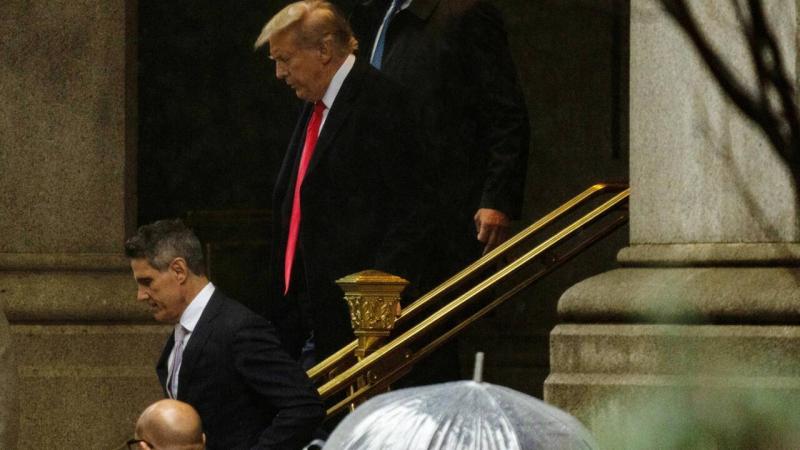A federal appeals court ruled today that former U.S. President Donald Trump does not have immunity from charges related to his attempts to overturn the results of the 2020 presidential election, bringing him closer to an unprecedented criminal trial. A three-judge panel of the U.S. Court of Appeals for the District of Columbia unanimously rejected Trump's request to dismiss the charges on the grounds that they pertain to his official responsibilities as president at the time. The court stated in its decision, "It is unacceptable for the office of the presidency to place its former occupants above the law at all times."
The ruling concluded that the "executive privilege" that may have protected Trump from criminal charges while he was president "no longer shields him from prosecution." This decision undermines Trump's efforts to avoid trial over allegations of undermining American democracy and obstructing the transfer of power, as he seeks to maintain his status as the leading candidate for the Republican nomination for the upcoming presidential election in November.
The case will remain pending until at least next Monday to allow Trump the opportunity to appeal to the U.S. Supreme Court. The panel added that granting Trump immunity in this case would provide presidents with "unlimited authority to commit crimes that could undermine the essential checks on the executive branch, such as acknowledging and enforcing election results." Trump did not respond to a request for comment on Tuesday.




